This article was co-authored by Jacqueline House, LMFT-A and by wikiHow staff writer, Nihal Shetty. Jacqueline House is a Marriage and Family Therapist Associate. She specializes in using Solution Focused Brief Therapy, Collaborative Therapy, ACT Therapy, and Narrative Therapy to help her patients through problems such as anxiety and life transitions. Jacqueline earned a BA in Philosophy from Texas A&M University and an MS in Marriage and Family Therapy from Our Lady of the Lake University.
This article has been viewed 6,088 times.
A cancer diagnosis is a life-changing moment in someone’s life, and if a friend or family member has shared their condition with you, you’re probably wondering how you can best support them. Talking about cancer can be difficult, but we’re here to walk you through it. Here’s our guide on how to respond to and support someone when they tell you they have cancer.
Steps
Responding to the News
-
1Say a simple “I’m here for you” as an expression of support. A cancer diagnosis can be a shock, and it’s normal not to know what to say. After your friend initially discloses their diagnosis to you, a simple, heartfelt expression like “I want you to know that I care” or “I’m so sorry to hear you’re going through this” can be reassuring for them to hear.[1]
- Afterward, once you get past the initial shock, you can have a deeper conversation about the diagnosis and what you can offer.
- Some other expressions of support you can use at this moment could be “I’m here if you want to talk about it” or “I’m going to keep you in my thoughts.”
- Saying something like, "Honestly, I can't imagine going through what you're going through. If you need me to give you support, I will give you support. If you need me to be there with you, I will be there for you."
-
2Ask them “Would you like to talk about it?” Be a good listener by trying not to change the subject and letting your friend take the lead. It’s okay to ask for clarification if you don’t understand something, but let your friend talk about their experiences, rather than interject with your own.[2] Having compassion and willingness to listen is extremely important.
- “Who have you spoken to about this?” or “How have you found your doctors so far?” are questions that show you want to listen. A good listener asks questions, so there’s no need to be totally silent.
- Crying is okay during this kind of conversation, whether it’s you or your friend. There’s no need to feel bad about it, or to try and cheer yourself or your friend up. You don’t have to control your emotions.[3]
Advertisement -
3Let them feel whatever emotions they want to. Bringing up other people you know with cancer to tell them how they should react might not be effective. Everyone experiences cancer differently, and people are allowed to approach their illness in whatever way best suits them. It’s okay to mention your experience with cancer if someone close to you dealt with it as well, but try not to spend too much time dwelling on it.[4]
- Instead of dictating their emotions with phrases like “Stay positive!” try to affirm whatever emotional experience they’re going through.
- Opt for phrases like, “I think that what you’re feeling right now is a totally reasonable reaction to have.”
- Don’t say you understand how they feel, as each person’s feelings are different.
- Whatever you say, make sure that you affirm the validity of the feelings of the one who has been diagnosed.
-
4Tell them “It’s not your fault” if they express guilt. Guilt for putting their family and friends through stress is something a lot of cancer patients struggle with. If they apologize for putting you through a hard time, assure them that they have no need to feel guilty by saying something like, “Caring for and about you is something that is important to me. Please don’t ever apologize.”[5]
- If your friend says something like, “I wish I hadn’t smoked,” tell them something like, “This doesn’t matter—these things happen, and there’s no use blaming yourself.” The truth is, while there are risk factors for getting cancer, we can never truly know why someone got cancer.[6]
- If your friend still has a lot of anxiety over what caused this diagnosis, you can also tell them something like “It’s normal to ask yourself why this happened, but I don’t know if there’s a way to get that answer. Let's just work on keeping you healthy and happy now, together.”[7]
-
5Tell them “I need little time to process” if you don’t know what to say. Addressing moments of awkwardness head-on is often a good idea. Keep in mind that it’s completely normal for there to be periods of silence during hard conversations, and you don’t need to rush to fill them. This is an overwhelming situation, and it's okay to take it slowly.
- You can also say something like, “It’s hard for me to find the right thing to say. I care about you a lot, and want to be with you—is it okay for us to just sit here for a bit?” if you find the silence to be a little too uncomfortable.
-
6Give them a hug or a hand squeeze. Physical touch can convey emotion when words can’t. When someone tells you they’ve been diagnosed, giving them a hug can be extremely comforting, for both you and them. If you’re sitting down, a hand squeeze might also be appropriate—in either case, you’re showing your friend that they’re not alone, and that you care about their well-being.[8]
- Some people may not feel comfortable being physically touched. If this is a friend who you know is uncomfortable with touch, or a stranger you don’t know well, it is likely best to keep some distance.
- If you aren’t sure if someone wants to be hugged, you can ask them first. Say something like, “Can I give you a hug?”
Supporting Someone with Cancer
-
1Respect their privacy. Asking invasive questions about your friend’s health can be jarring for them. Try to ask them more general questions about how they’re feeling, like “How have you felt during treatment so far?” instead of probing for medical information like, “How far has the cancer spread?” They’ll open up to you about these matters if they want to.[9]
- Part of respecting your friend’s privacy includes not telling mutual friends or acquaintances about their cancer diagnosis without their approval. Your friend may have reasons for not telling everyone about their diagnosis immediately, and it’s important to respect their wishes.[10]
-
2Take their lead on humor. Some people find jokes to be a good way of dealing with their diagnosis. But this does depend on their personality, so see if they’ve been making jokes about their diagnosis first before joining in.[11]
- If they seem open to humor, try referencing an older inside joke you may have, or saying something light-hearted like, “I’m pretty jealous of the time you get to spend in the hospital—maybe you’ll meet an attractive doctor.”
- Regardless of your friend’s approach to humor, try to stay away from jokes about hair or weight loss, since many cancer patients feel sensitive about these subjects.
-
3Treat them the same way as before. Cancer doesn’t change your interests or hobbies, so talk about these things and stick to the activities you usually do with them. Your friend and you have a preexisting relationship that you shouldn’t completely change just because of cancer. Having sympathy for your friend is natural, but don’t let it take over all of your interactions.[12]
- If your friend is really interested in movies, ask them what they thought about the latest one they watched, or ask them if they want to come with you to the theater.
-
4Make plans for the future. Cancer doesn’t keep someone from looking forward to things. Being diagnosed with cancer doesn’t mean the end of a life, but the start of a new chapter. Your friend might not be up for all the same activities that they used to be, but giving them something to look forward for without pressuring them is a good idea.[13]
- It’s okay to make long-term plans, even if someone has cancer. But you might start off with something more casual by saying something like, “I want to go to the beach at the end of the month—let's go together if you’re up for it.”[14]
-
5Offer them practical help. While all well-meaning expressions of support are good, making a specific offer of help to your friend goes much further. If you can offer help with meals, transportation, grocery shopping, or childcare, let your friend know! If needed, send them a reminder later so that they know you’re serious about the offer.[15]
- There’s no need to make a big deal out of offering help—instead, try to bring it up casually. Sending your friend a text the next time you’re shopping saying something like, “Hey, I’m at the grocery store, can I pick you up anything?” could be very much appreciated.
- If your friend is religious, offering to pray for them might bring them comfort. In any case, try to also make an offer of something that you can do to help them in their daily life as well.
-
6Make them a care package. Putting together a small gift can be a great demonstration of care. Fill a box with their favorite snacks or other things that they might enjoy, and either mail or drop it off with them. You can include a small note, just saying something like, “I thought you might enjoy some of this stuff. I’m thinking of you, and can’t wait to talk to you soon.”[16]
- If you’re not sure what kinds of things they might like in their care package, send them some of your favorite snacks or items, and tell them something like “These are things I’ve always loved, and I thought you might like them too.” The gesture is very kind.
Warnings
- Don’t repeatedly offer help that they reject, as this will cause them to feel unheard or disrespected.⧼thumbs_response⧽
References
- ↑ https://www.cancer.org/treatment/caregivers/when-someone-you-know-has-cancer.html
- ↑ https://www.cancerresearchuk.org/about-cancer/coping/family-friends-caregivers/how-support-someone-with-cancer
- ↑ https://www.cancerresearchuk.org/about-cancer/coping/family-friends-caregivers/how-support-someone-with-cancer
- ↑ https://www.cancerresearchuk.org/about-cancer/coping/family-friends-caregivers/how-support-someone-with-cancer
- ↑ https://www.cancercouncil.com.au/cancer-information/when-you-are-first-diagnosed/emotions-and-cancer/dealing-with-the-diagnosis/#anger
- ↑ https://www.cancercouncil.com.au/cancer-information/when-you-are-first-diagnosed/emotions-and-cancer/dealing-with-the-diagnosis/#anger
- ↑ https://www.cancercouncil.com.au/cancer-information/when-you-are-first-diagnosed/emotions-and-cancer/dealing-with-the-diagnosis/#anger
- ↑ https://www.cancerresearchuk.org/about-cancer/coping/family-friends-caregivers/how-support-someone-with-cancer
- ↑ https://www.cancerresearchuk.org/about-cancer/coping/family-friends-caregivers/how-support-someone-with-cancer
- ↑ https://www.cancerresearchuk.org/about-cancer/coping/family-friends-caregivers/how-support-someone-with-cancer
- ↑ https://www.nm.org/healthbeat/healthy-tips/the-best-and-worst-ways-to-support-a-friend-with-cancer
- ↑ https://www.cancer.net/coping-with-cancer/talking-with-family-and-friends/supporting-friend-who-has-cancer
- ↑ https://www.cancer.net/coping-with-cancer/talking-with-family-and-friends/supporting-friend-who-has-cancer
- ↑ https://www.cancer.net/coping-with-cancer/talking-with-family-and-friends/supporting-friend-who-has-cancer
- ↑ https://www.cancer.net/coping-with-cancer/talking-with-family-and-friends/supporting-friend-who-has-cancer
- ↑ https://www.nm.org/healthbeat/healthy-tips/the-best-and-worst-ways-to-support-a-friend-with-cancer
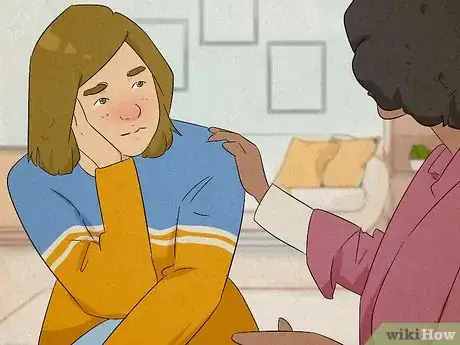
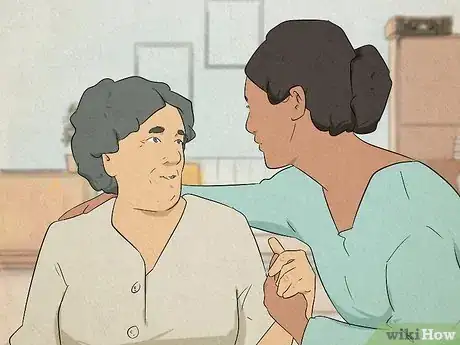
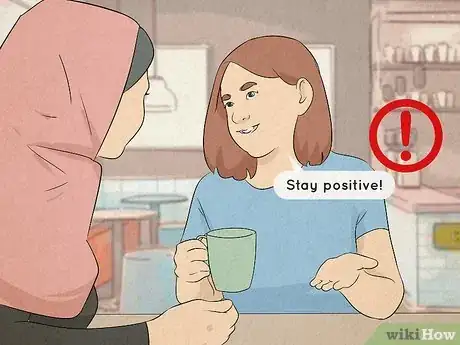
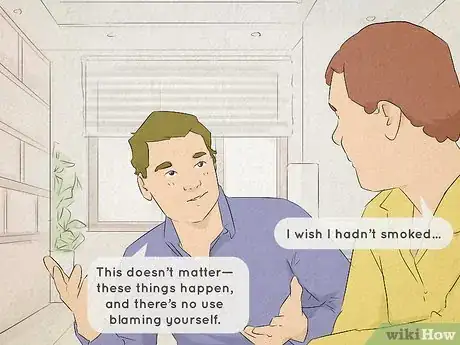
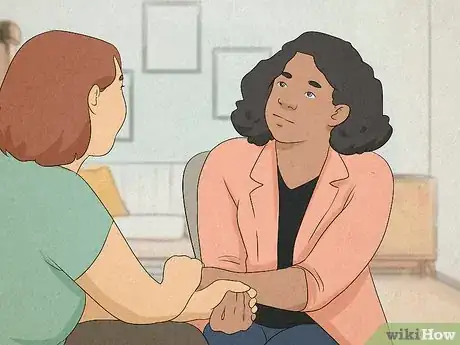
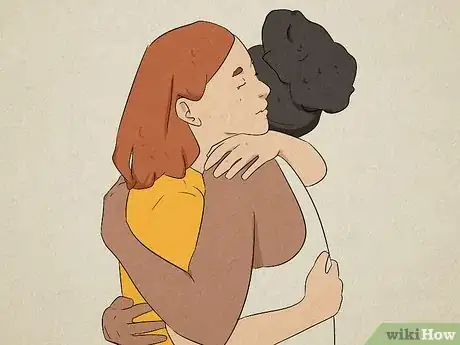
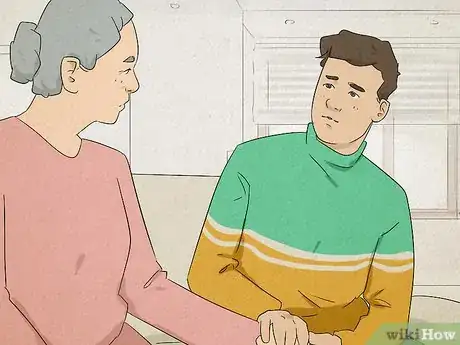
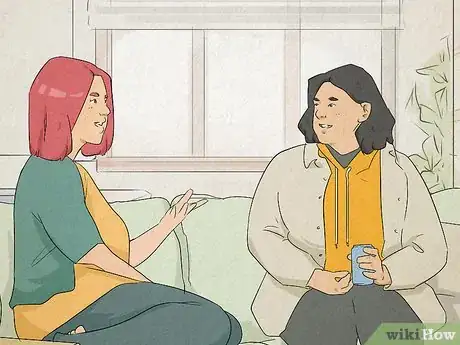
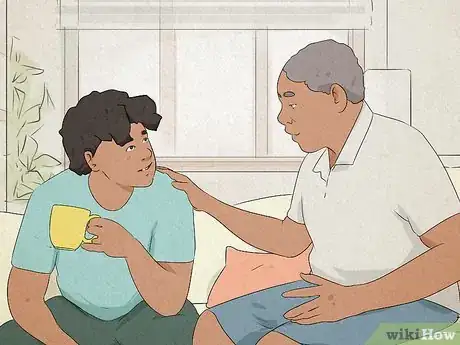
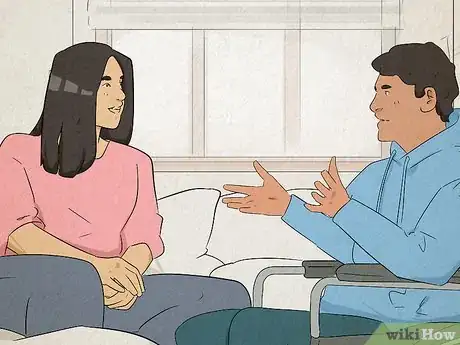
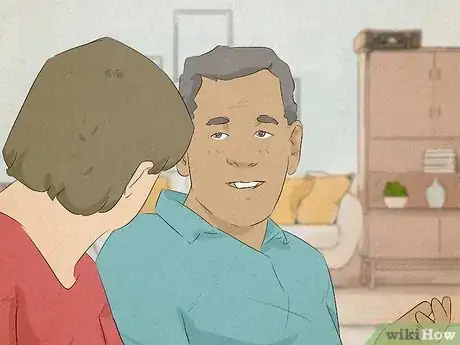
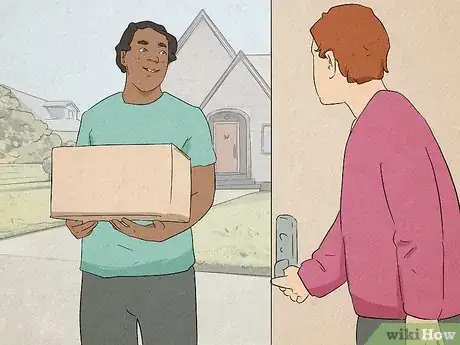

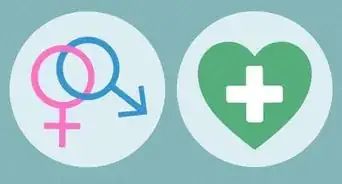
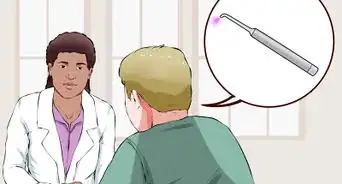
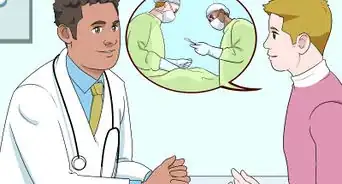

-Step-13.webp)


-Step-8-Version-3.webp)

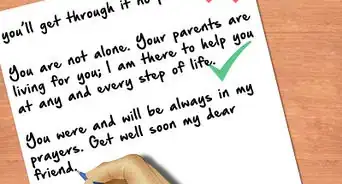

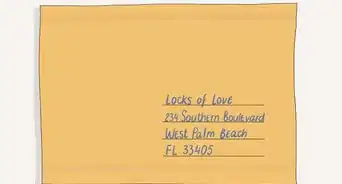








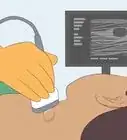
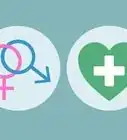
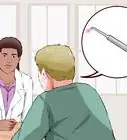
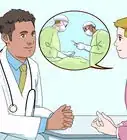



































Medical Disclaimer
The content of this article is not intended to be a substitute for professional medical advice, examination, diagnosis, or treatment. You should always contact your doctor or other qualified healthcare professional before starting, changing, or stopping any kind of health treatment.
Read More...